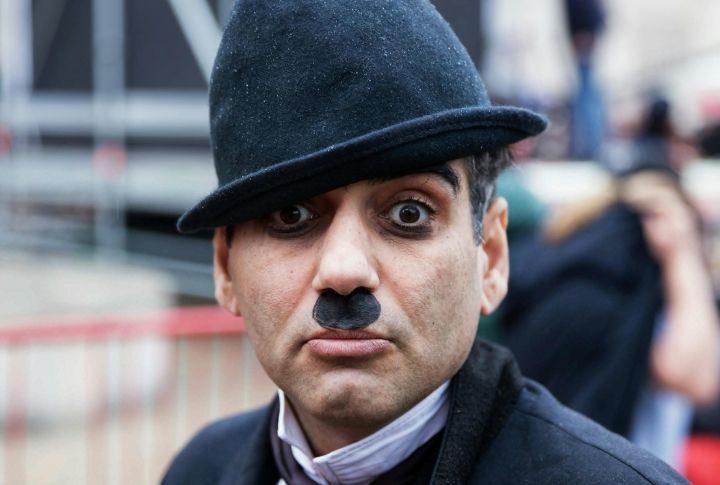
American legal history is full of surprises. For every landmark case and constitutional battle, there are also laws so strange that they read more like punchlines. Yet, at one point, they were taken seriously. Even though there are far more than these, here are the ten the weirdest laws, each with a backstory that’s as bizarre as the statute itself.
No Ice Cream In Back Pockets On Sundays: Georgia

According to state lore, horse thieves in 19th-century Georgia found a loophole in larceny laws. By placing ice cream in their back pockets, they could lure horses away without technically “stealing” them. This oddity led lawmakers to ban the act on Sundays to curb rising theft during fairs and public markets.
Pickles Must Bounce To Be Legal: Connecticut
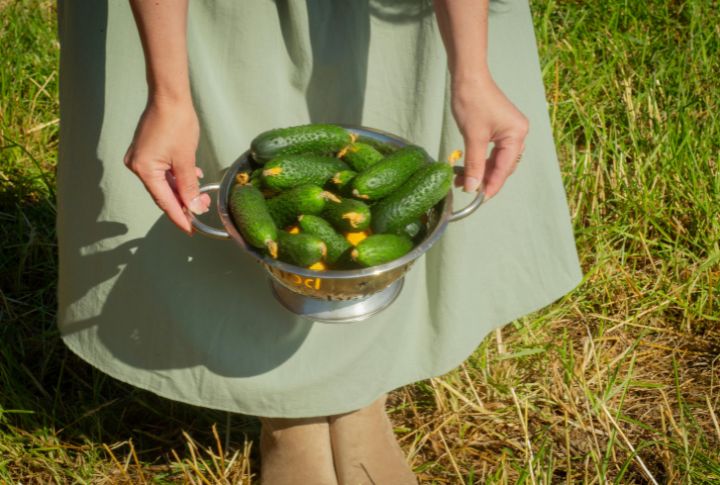
In 1948, the infamous pickle bounce test was suggested by Connecticut Food and Drug Commissioner Frederick Holbrook. The test was meant to weed out substandard or spoiled goods, since fresh pickles had a certain firmness. The “Hartford Courant” reported that two men were arrested after trying to sell pickles that failed the bounce test.
No Donkeys In Bathtubs: Arizona
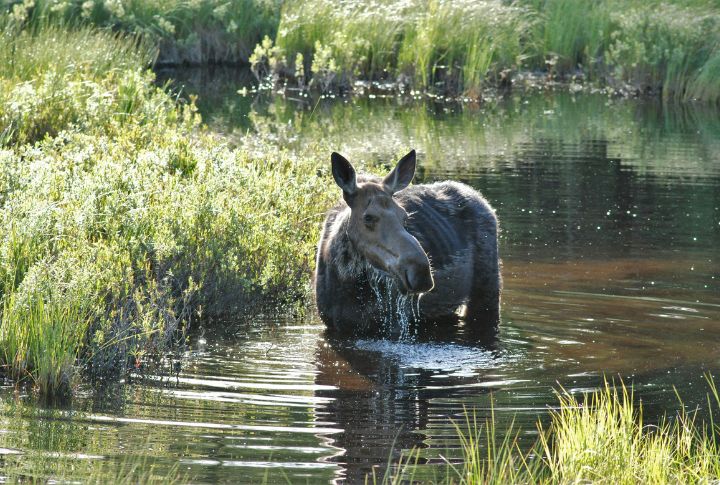
Back in 1924, a dam broke in Kingman, Arizona, flooding a ranch where a donkey had been left in a bathtub. The animal floated downstream, and this created chaos for rescuers who worked tirelessly to save it. After the ordeal, legislators banned the practice outright to avoid a repeat incident.
First of all, who would even place a donkey in a bathtub? And secondly, why?
Illegal To Whisper While Moose Hunting: Alaska
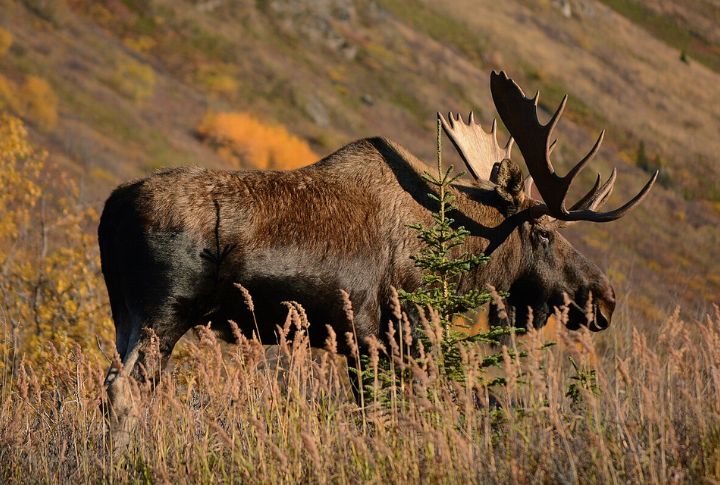
Alaska’s hunting laws once prohibited whispering during moose hunts. Officials argued that even soft speech could disturb the animals, making hunts less successful and more dangerous for hunters. According to the Alaska Department of Fish and Game, silence has always been critical in moose tracking.
No Fake Mustaches in Church That Cause Laughter: Alabama
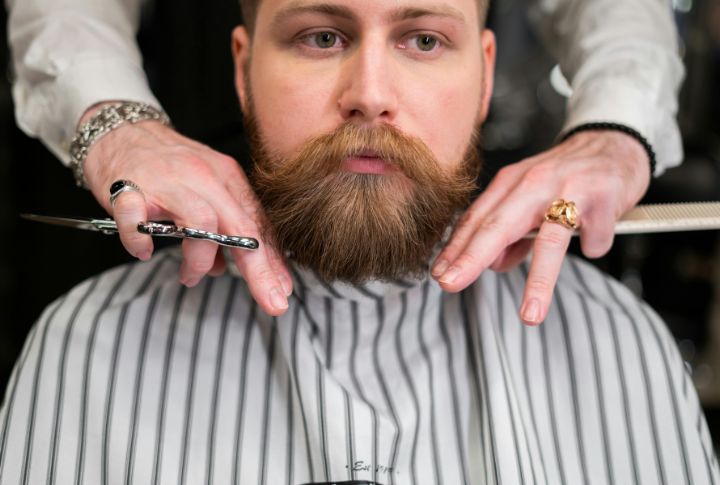
Alabama once barred worshippers from wearing fake mustaches in church if they provoked laughter. Based on historical records in the “Alabama State Archives”, lawmakers sought to preserve solemnity during services, as even minor disruptions were taken seriously in early 20th-century congregations.
Unmarried Women Can’t Parachute On Sundays: Florida
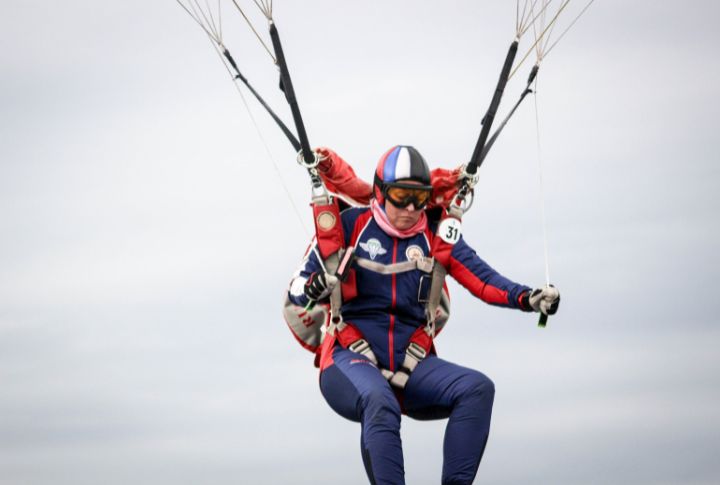
A mid-20th-century Florida ordinance forbade unmarried women from parachuting on Sundays. The law stemmed from ‘improper conduct’ concerns, framed by outdated views on gender roles and leisure activities. Though unenforced today, it remains one of the state’s most bizarre statutes on record.
No Dropping Moose (or Moose Poop) From Airplanes: Alaska

In Talkeetna, Alaska, a local festival once featured “moose poop bingo,” where numbered droppings were dropped from planes. When animal rights groups misunderstood the event—thinking actual moose were being air-dropped—officials banned the airborne release of moose or their droppings. The law was enacted around 2009 to prevent further confusion.
Don’t Order Pizza In Someone Else’s Name: Louisiana
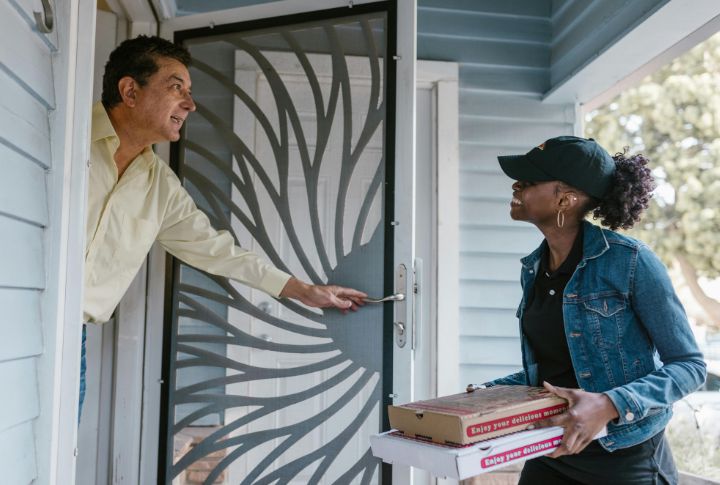
To combat prank pizza deliveries, Louisiana made it illegal to order food under someone else’s name without permission. The law, still active as of 2018, was designed to prevent harassment and waste of resources—especially for unsuspecting recipients who never asked for the treat.
No Spray-Painted Shopping Carts In Your Basement: Nevada

In Reno, it’s illegal to stash a spray-painted shopping cart in your basement. Why? The law targets vandalism and theft of retail property, as carts are considered store assets. It’s a niche rule, but one that’s still technically enforceable, and still very weird.
No Parking In Front of Dunkin’ Donuts: Maine
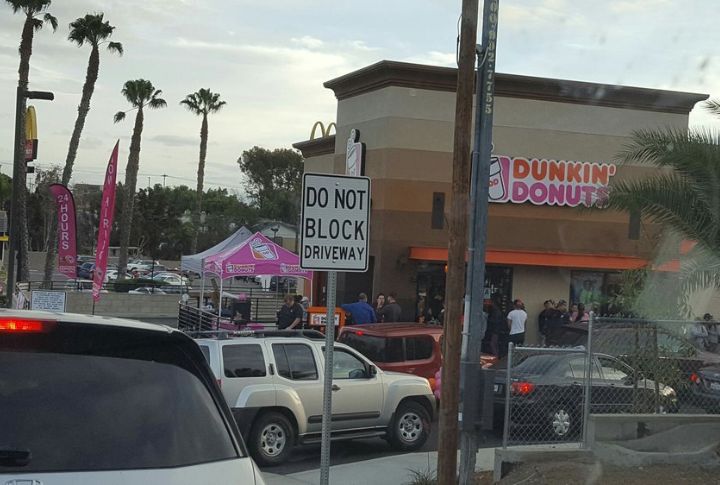
In South Berwick, Maine, a local ordinance once banned parking in front of Dunkin’ Donuts. This law was meant to ease traffic congestion and prevent drive-thru backups. While it may sound like a caffeine-fueled overreaction, it reflects how seriously towns take their morning routines.

